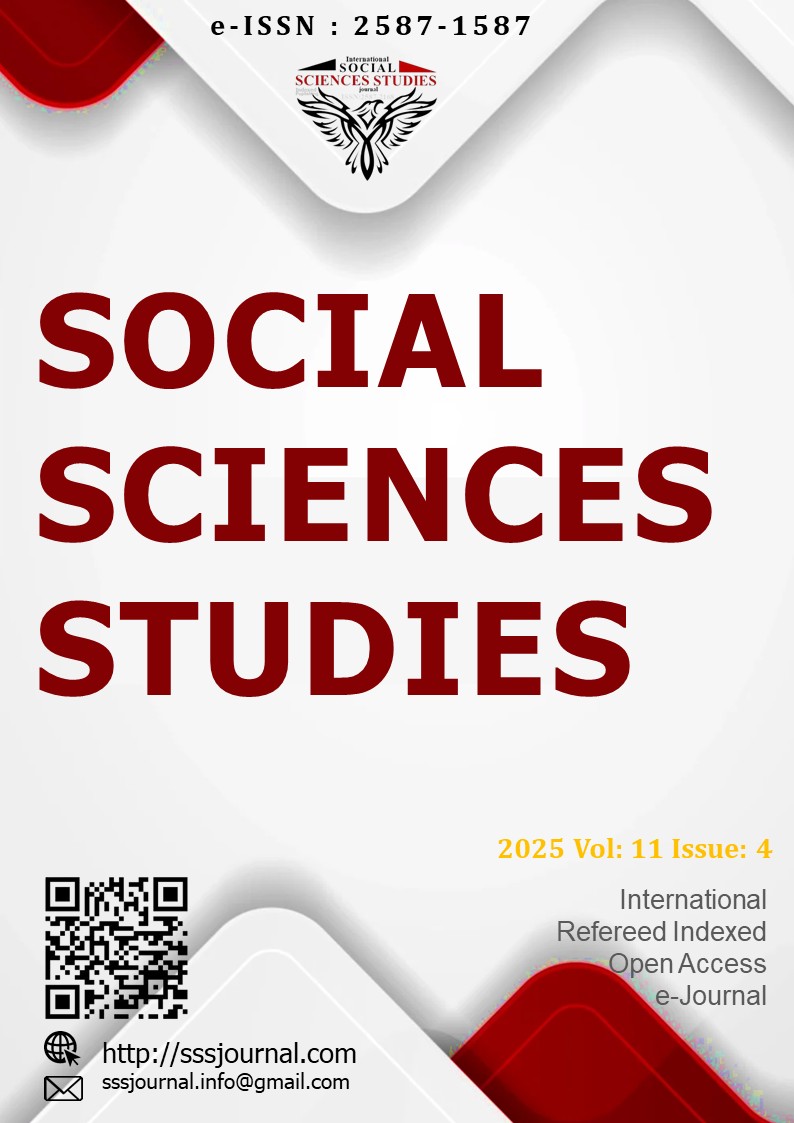Author :
Abstract
|
Duygudurum ve cinsiyet benzerliğinin affetme üzerindeki etkisini incelemek için yapılan bu çalışmada, alanyazın incelemeleri sonucunda pozitif duygudurum koşulundaki bireylerin negatif duygudurum koşulundaki bireylere kıyasla affetme düzeylerinin daha yüksek olacağı ve bireylerin hemcinslerine karşı cinslerine kıyasla daha yüksek affetme düzeyine sahip olacakları öngörülmüştür. Bu öngörüleri test etmek amacıyla iki deney yapılmıştır. İki çalışmada da katılımcılar Güneydoğu Anadolu bölgesindeki bir üniversitenin öğrencilerinden kolay örnekleme yolu ile seçilmiştir. Seçilen katılımcılar 4 koşula seçkisiz atama yöntemi ile atanmıştır. 380 katılımcı ile gerçekleştirilen birinci deneyin bulguları literatür ve hipotezleri desteklememiş duygudurum ve cinsiyet benzerliğinin affetme üzerinde anlamlı bir etkisi bulunamamıştır. Senaryonun yeteri kadar güçlü olmaması ilk çalışmanın sınırlılığı olarak görülmüş ve senaryo değiştirilerek çalışma yinelenmiştir. İkinci çalışma 70 kişiye uygulanmış ve cinsiyet benzerliğinin affetme üzerindeki etkisi tekrar anlamsız bulunmuştur. Duygudurumun ise affetme üzerinde anlamlı bir etkisi olduğu bu çalışma ile gösterilmiştir. Pozitif duygudurum koşulundaki katılımcıların affetme ortalamalarının (Ort= 5.26) negatif duygudurumdaki katılımcıların affetme ortalamalarından (Ort=3.65) yüksek olduğu görülmektedir. Başka bir deyişle pozitif duygudurumdaki bireyler negatif duygudurumdaki bireylere kıyasla nezaketsiz davranış karşısında daha affedicidir. |
Keywords
Abstract
|
In this study, which was conducted to examine the effect of mood and gender similarity on forgiveness, as a result of the literature review, it was predicted that individuals in positive mood conditions would have higher levels of forgiveness compared to individuals in negative mood conditions and that individuals would have higher levels of forgiveness for their same gender compared to their opposite gender. Two experiments were conducted to test these predictions. In both studies, participants were selected by convenience sampling from the students of a university in the Southeastern Anatolia region of Turkey. The selected participants were randomly assigned to 4 conditions. The findings of the first experiment with 380 participants did not support the literature and hypotheses, and no significant effect of mood and gender similarity on forgiveness was found. The fact that the scenario was not strong enough was seen as a limitation of the first study and the study was repeated by changing the scenario. The second study was applied to 70 participants and the effect of gender similarity on forgiveness was again found to be insignificant. This study showed that mood had a significant effect on forgiveness. The mean forgiveness of the participants in the positive mood condition (Mean= 5.26) was higher than the mean forgiveness of the participants in the negative mood condition (Mean=3.65). In other words, individuals in positive moods are more forgiving in the face of unkind behavior than individuals in negative moods. |





